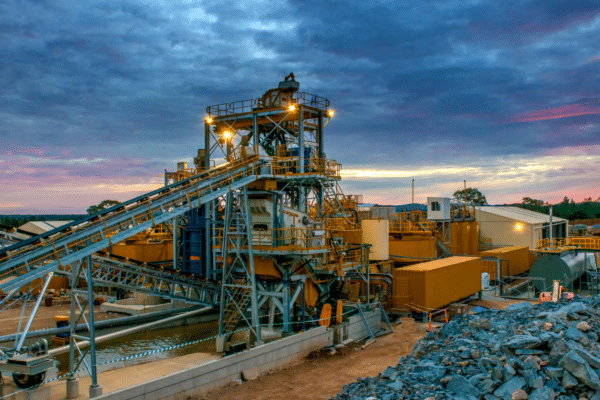
M&A 101 – back to basics
22.1.2020Being a new year, we thought it would be timely to provide a refresher on some key M&A concepts. Of course, there are a long list of things that go into making a successful transaction, but the following are some of the most important tips from our team to consider before entering a transaction process.
1.Value is in the eye of the beholder
Every company has a “fundamental value”, that is, the present value of future cash flows of the company, regardless of current activity in that company’s sector. However, what someone is willing to pay for that asset (i.e. the “market value”), may depart significantly – positively or negatively – from that fundamental value. This depends on a range of factors and will be different for every investor depending on what they can do with that asset. As a seller it’s important to understand what your business offers each investor, and to proactively position your business to communicate this value.
2. It takes time and resources
An M&A transaction can take a long period of time from inception through deal completion; a period of 4 to 6 months is not uncommon, as discussed further here, with some deals extending much further. There are some things you can’t control, but the most important thing a business owner can do to promote a speedy timeline is to be well prepared. High quality information helps investors understand the opportunities and risks, and the ability to respond quickly to questions is key to building investor confidence.
3. Due Diligence can be painful
Your business information will be pulled apart and scrutinised by the investor, and the process will be painful at times. The aim of Due Diligence is to confirm high level information previously provided to the investor, and start the process of post-transaction planning as discussed further here. At times it will feel like investors and advisors are asking irrelevant questions, and that they are calling your baby ugly. As well as being well prepared, it’s important to remember this is normal, and not to take the questions and the process personally.
4. Have your financial reporting in order ahead of time
As part of due diligence, the investor will want to make sure your numbers stack up. Should the numbers start to “move” during this period (either historic or forecast numbers), the investor will lose some faith in the other information provided, and the valuation or deal terms may start to slide. If your financial reporting is not sophisticated, it may be worth bringing in an interim CFO to ensure your numbers are in order. This will not only build confidence but will likely streamline the due diligence process.
5. Take time to get the Term Sheet right
Properly negotiating the term sheet is critical (also known as letter of intent (LOI) or non-binding indicative offer (NBIO)). Investors sometimes present a term sheet that lacks detail about key deal terms, hoping to get something signed quickly and move onto Due Diligence. However, it’s important to clarify any “show stoppers” up-front, before too much time is invested in the process. A well drafted term sheet will also make the subsequent drafting of formal documents more efficient.
6. Focus on the bottom line, not the headline price
At the end of the day, the only number that matters to a seller is what they end up with at the bottom line (after any purchase price adjustments and tax). It’s important to understand the objectives of the investor, and if there are certain elements of the purchase price that they’re more flexible on than others. This can include net debt and working capital adjustments, timing of payments, and structuring for tax purposes.
7. Negotiation dynamics
All M&A negotiations require compromise (from both sides). It is critical to understand where the value lies for each investor, and what are the critical take-aways for the seller (both financial and non-financial). What issues are worth fighting for? How can you best leverage a competitive process? Understanding these dynamics are critical to optimally navigating the sales process.
8. Specialist advisors & lawyers are critical
Specialist advisors (M&A and tax) and lawyers (M&A) are critical for a successful transaction. The transaction process can be complex and very fast-paced. It is important to know what is “normal” and what’s worth fighting for in a transaction. M&A advisors and lawyers have been through this the process countless times and understand where the critical issues can arise and how to overcome them (discussed further here). Not using an appropriate advisor can introduce an unnecessary risk to the process. It’s also important to engage advisors and lawyers who are commercial, communicate well, and are skilled negotiators.
Above all, preparation is key. All the best for a prosperous 2020 from the team at InterFinancial.
Authors: Michael Kakanis & Mark Steinhardt








